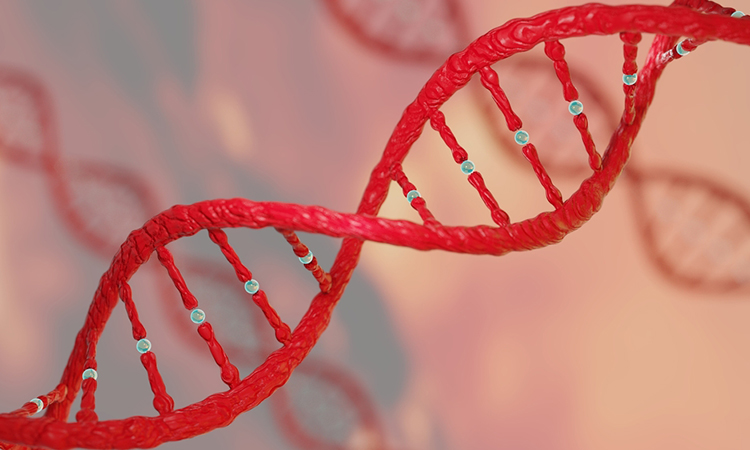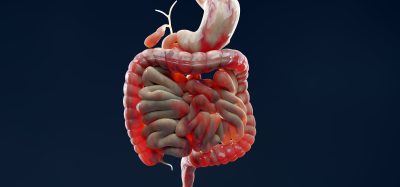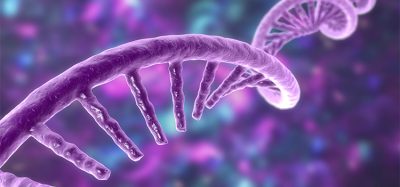Research collaboration to study ageing reversal in liver tissue established
Posted: 30 March 2022 | Ria Kakkad (Drug Target Review) | No comments yet
Genflow have announced a scientific research collaboration with the University of Rochester’s Aging Research Center. Together, they will study the ageing process in liver tissue.

Genflow has recently announced its collaboration with the University of Rochester’s Aging Research Center (RoAR). Their initial plans are to research the potential of Sirtuin-6 (SIRT6) in reversing the ageing process in liver tissue. According to the researchers, this is the first step towards a true rejuvenation gene therapy across a range of tissues.
The SIRT6 gene variant found in people aged more than 100 years old has previously demonstrated significant capabilities in epigenetic tissue rejuvenation. The ability of SIRT6 to act on the rejuvenation of cells is a significant finding, indicative of the SIRT6 gene mutation’s potential to not just halt the ageing process, but to reverse it.
According to the researchers, while the research collaboration will initially explore the ability of gene therapy for the rejuvenation of the liver, it could have significant implications beyond liver tissue and may indicate SIRT6’s potential across a range of tissue rejuvenation and for longevity research, more widely. The data obtained from the collaboration will support the pre-clinical trials Genflow is undertaking and will expedite its development of gene therapies.
“We now have the opportunity to demonstrate that SIRT6 can go beyond halting or stopping the ageing process but can also reverse it. In effect, we seek to demonstrate that you can take an old liver and make it young again – this is the essence of the epigenetic tissue rejuvenation we are exploring and it has the potential to be the basis of a revolutionary gene therapy,” said Dr Eric Leire, Founder and CEO of Genflow.
Related topics
Cell Regeneration, Gene Testing, Gene Therapy, In Vivo, Regenerative Medicine, Research & Development
Related conditions
ageing
Related organisations
Genflow, Rochester University
Related people
Dr Eric Leire






